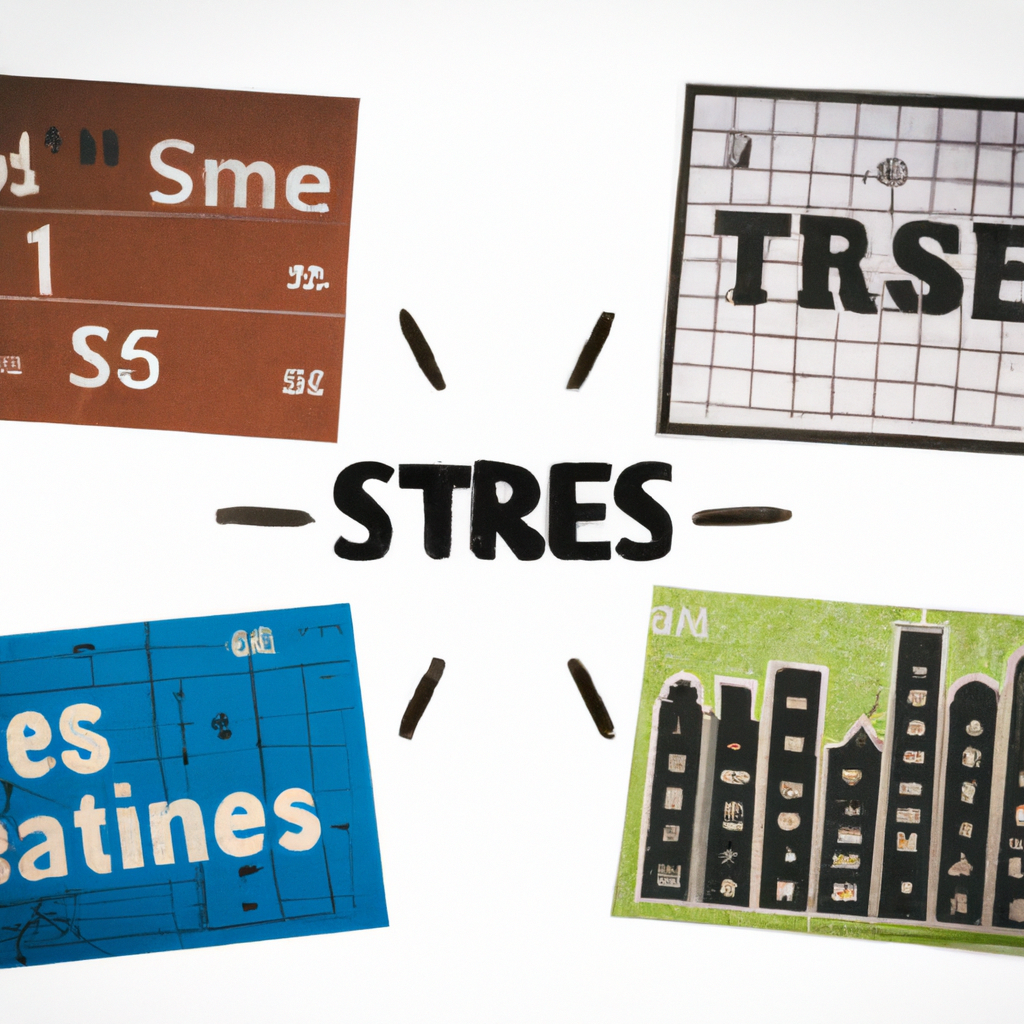- "5 Unconventional Ways Technology is Revolutionizing the Food Industry"


In today's fast-paced world, technology is transforming every aspect of our lives, including the way we produce, distribute, and consume food. While we are accustomed to seeing technology innovations in smartphones and computers, the food industry is also experiencing a revolution thanks to technological advancements. Here are 5 unconventional ways technology is reshaping the food industry:
1. Vertical Farming: With the global population on the rise, traditional agriculture is facing challenges in meeting the increasing demand for fresh produce. Vertical farming, a method that grows crops in vertically stacked layers, is gaining popularity. This technology allows for year-round cultivation in urban areas, using less water and space compared to traditional farming methods.
2. Food Printing: 3D food printing is a cutting-edge technology that allows chefs to create intricate and customized food designs using edible ingredients. From personalized chocolates to geometric-shaped pasta, food printing is revolutionizing the culinary world by combining creativity with technology.
3. Smart Packaging: Technology is enhancing food packaging by incorporating features like QR codes for traceability, freshness indicators, and temperature-sensitive labels. Smart packaging helps consumers make informed decisions about the quality and safety of the products they purchase, reducing food waste and enhancing overall food safety.
4. Blockchain Traceability: Blockchain technology is being utilized to improve transparency and traceability in the food supply chain. By recording every step of a product's journey from farm to table on a secure and decentralized ledger, blockchain ensures that consumers can verify the authenticity and origin of the food they consume, leading to greater trust and accountability in the industry.
5. Food Waste Reduction Apps: Several mobile applications are leveraging technology to combat food waste by connecting consumers with excess food to businesses or individuals in need. These apps enable users to buy surplus food from restaurants, grocery stores, and events at discounted prices, preventing perfectly good food from ending up in landfills.
In conclusion, technology is playing a pivotal role in revolutionizing the food industry by introducing innovative solutions to longstanding challenges. From sustainable farming practices to personalized culinary experiences, these unconventional technologies are shaping the future of food production and consumption in exciting ways. Embracing these technological advancements can lead to a more sustainable, efficient, and transparent food system for generations to come.











